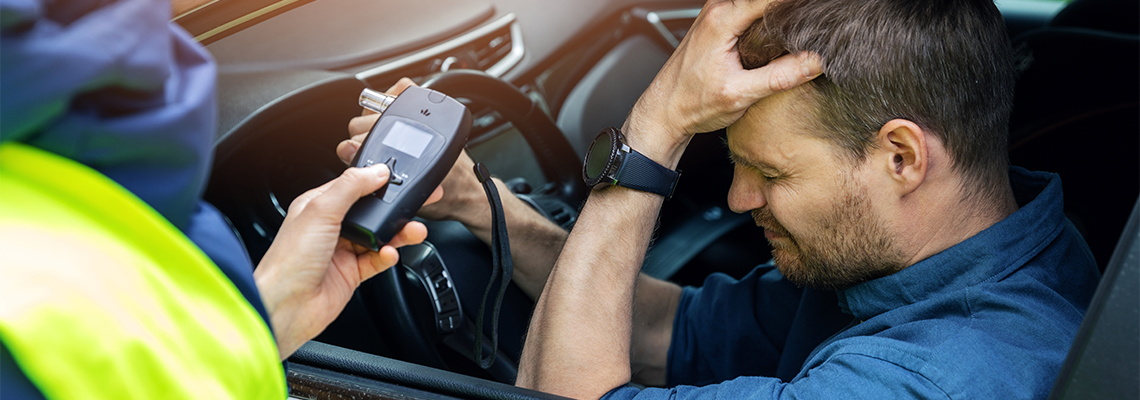Clients facing drunk driving charges often ask about their rights when stopped by law enforcement. One of the most pressing questions involves breathalyzer tests—specifically, what happens if a person refuses to take one.
Blog
Categories
Categories
What to Expect During a Drug Crime Investigation in Texas
Drug crime investigations can be overwhelming. Whether you're facing accusations related to possession, manufacturing, or trafficking, the process is often intimidating—especially when you're unfamiliar with the way things typically unfold. Although every investigation is different, most drug crime cases in Texas follow a similar pattern.
How Texas Courts Handle First-Time Drug Offenders
Drug charges in Texas can carry serious consequences, but the courts also recognize the difference between hardened criminal behavior and a single mistake. For first-time drug offenders, the legal system provides some alternative paths that can lead to rehabilitation rather than long-term incarceration.
Misdemeanor vs. Felony Drug Charges in Texas
When facing drug charges in Texas, understanding the difference between a misdemeanor and a felony charge is crucial. The severity of a drug charge can have significant consequences on one’s future, and it’s essential to have an experienced criminal defense lawyer to help you handle the intricacies of the case.
How to Protect Your Reputation During a White-Collar Crime Investigation
Facing an investigation for a white-collar crime can be a stressful and overwhelming experience. The impact on your personal and professional life can be long-lasting, especially when it comes to your reputation.
Defending Against Embezzlement Charges
Being accused of embezzlement in Dallas, Texas, can be a life-altering experience, leaving you not only facing criminal charges but also dealing with the long-lasting consequences that come with a conviction. At The Linder Firm, you’ll find professionals who understand the seriousness of these allegations and the impact they can have on your life.
The Consequences of a Federal vs. State White Collar Crime Charge
White collar crimes are non-violent offenses, often committed by individuals in positions of trust or authority. These crimes typically involve deceit, fraud, or financial misconduct and can occur in various sectors, including business, government, and finance.
Steps to Take if Under Investigation for White-Collar Crime
Being under investigation for a white-collar crime in Texas can be a stressful and overwhelming experience. The Linder Firm, located in Dallas, Texas, understands the intricacy of criminal defense cases and is committed to guiding you through each step of the process.
What If the Alleged Victim Wasn’t Actually Injured?
In criminal law, cases aren't always as straightforward as they might initially appear. One scenario that can significantly impact a criminal defense strategy is when an alleged victim's injuries are called into question.
The Penalties for Perjury
Lying under oath is a serious offense with hefty consequences. Perjury, the act of deliberately providing false testimony while under oath, can lead to severe penalties. Understanding the gravity of perjury and its repercussions is important for anyone involved in this situation.










